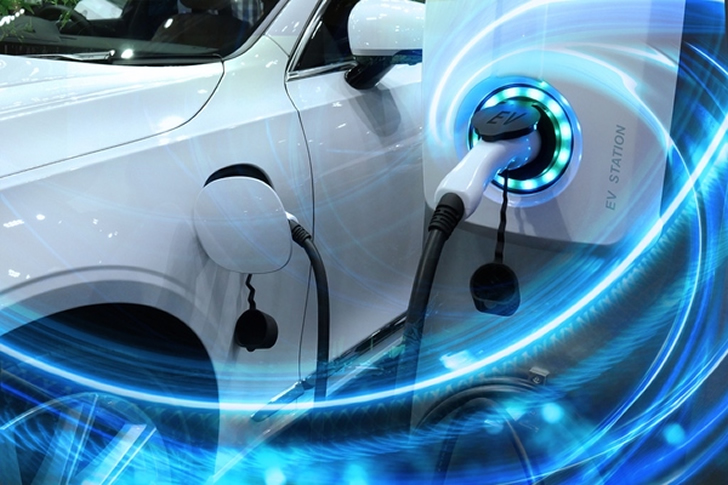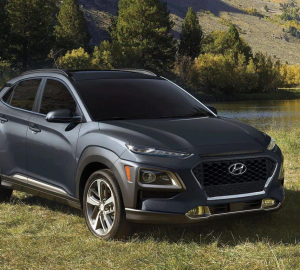As the popularity of electric cars continues to rise, it’s important to carefully evaluate several factors before making a purchase. Whether you’re a first-time buyer or considering an upgrade, here are some essential aspects to keep in mind when buying an electric car:
Range: The range of an electric car refers to the distance it can travel on a single charge. Consider your daily commuting needs and determine whether the available range meets your requirements. If you frequently travel long distances or rely heavily on your vehicle for work, opting for a model with a longer range can help alleviate range anxiety and provide more convenience.
Charging Infrastructure: Assess the availability and accessibility of charging stations in your area and along the routes you commonly travel. Check if there are sufficient charging stations at convenient locations like workplaces, public parking lots, or shopping centers. Additionally, consider the type of charging stations available and whether they align with your charging needs. Researching reliable charging networks can ensure you have access to charging stations when needed.
Charging Speed: The speed at which an electric car charges can significantly impact your overall driving experience. Some vehicles support fast-charging technology, allowing for quicker recharging times. Assess your charging requirements and determine if fast-charging capabilities are essential for your lifestyle. Keep in mind that not all areas have fast-charging infrastructure available or offer it as a standard feature across all electric car models.
Battery Life and Warranty: Inquire about the expected lifespan of the electric car’s battery and the warranty provided by the manufacturer. Understanding the warranty terms for the battery pack is crucial, as it can help protect you from unexpected costs in case of battery-related issues. Research the manufacturer’s reputation regarding battery quality and longevity to ensure a reliable and long-lasting battery.
Performance: Electric cars are known for their instant torque and smooth acceleration, but performance capabilities can vary among different models. If you value speed and exhilarating acceleration, research the car’s horsepower, torque, and acceleration times to ensure they align with your expectations. Keep in mind that high-performance electric cars may have a shorter range due to increased power demands.
Cost: While the upfront cost of electric cars may still be higher compared to traditional gasoline-powered vehicles, it’s important to consider long-term cost savings. Electric cars have lower operating costs due to the generally cheaper price of electricity compared to gasoline. Additionally, they require less frequent maintenance due to fewer moving parts. Research available tax incentives, grants, or rebates provided by government agencies or local authorities to offset the initial purchase price.
Charging at Home: If feasible, installing a home charging station can greatly enhance the convenience of owning an electric car. Evaluate the feasibility and cost of installing a Level 2 home charger, which reduces charging time compared to a standard household outlet (Level 1 charger). Consult with an electrician to ensure your home’s electrical infrastructure can handle the additional load and factor in the installation cost in your budget.
By carefully considering these factors, you can make an informed decision when purchasing an electric car that aligns with your specific needs and provides a satisfying ownership experience.




